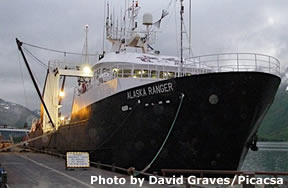The crash happened at 1437 local time (0937ET), police told CNN. Emergency services are said to be on the scene at Broadwater Gardens, the UK's Press Association has reported.
Pictures from local media show large plumes of smoke billowing from homes in the area, with houses extensively damaged.
Television pictures show that the scene of the crash is close to woods and open land.
There are no reports yet of casualties on the aircraft or on the ground. The nearby Princess Royal Hospital has been put on major incident standby.
London Fire Brigade has told CNN that at the moment it has six fire engines and an urban search and rescue team at the scene.
It has no word on casualties.
Witnesses, speaking to local media, have spoken of a very loud engine sound and then an explosion just before the crash.
Resident John Crane, one of those on the scene, told Sky News: "When I got there there was just as massive red fireball and two or three explosions.""It was so fierce you couldn't get near it."
His wife Jackie told the station that she saw the plane coming in erratically over the area, with its tail lower than its nose.
Sky News also reported that a man known only as John, who was flying at the same time, said he heard a distress call from a Cessna to the control tower at nearby Biggin Hill airfield that indicated the pilot was having "severe engine vibrations. The Coast Guard just told AlaskaReport that the Cutter with the rescued crewman will be arriving shortly in Dutch Harbor.
The Coast Guard just told AlaskaReport that the Cutter with the rescued crewman will be arriving shortly in Dutch Harbor.